Cole Pharmaceuticals 1A
Improving peoples' lives by redefining Vitamin D treatments
€438,400
total amount raised in round
- Backed by over 140 investors
- Eligible for a tax reduction
This campaign has been closed
DISCLAIMER
Every investment decision must be based on an examination of an exhaustive set of information provided by the entrepreneur on their online profile. Spreds only proceeds to a limited verification of this information and does not control the investment opportunity within this company. Spreds did not verify the extent to which the business plan is deemed realistic and does not intervene in determining the final terms of the investment, including the retained maximum valuation. Spreds will align itself with the financial terms negotiated with the co-investor(s).
Improving peoples' lives by redefining vitamin D treatments
Vitamin D deficiency is a clinical problem affecting men and women across their lifespan. This deficiency occurs when human beings do not get enough sun exposure.
Founded in 2017, Cole Pharmaceuticals is a commercial-stage start-up engaged in the development and commercialisation of innovative treatments to fight against Vitamin D deficiency.
Cole Pharmaceuticals is addressing the problem of vitamin D deficiency by providing patients with easier and more effective treatments than the ones currently available.
Vitamin D deficiency is a global public health problem. Over 1 billion people worldwide are vitamin D deficient and it is recognised that 70% of Europeans are vitamin D deficient or insufficient. It is a global health problem in all age groups.
Founded in 2017, Cole Pharmaceuticals is a commercial-stage start-up engaged in the development and commercialisation of innovative treatments to fight against Vitamin D deficiency.
Cole Pharmaceuticals is addressing the problem of vitamin D deficiency by providing patients with easier and more effective treatments than the ones currently available.
Vitamin D deficiency is a global public health problem. Over 1 billion people worldwide are vitamin D deficient and it is recognised that 70% of Europeans are vitamin D deficient or insufficient. It is a global health problem in all age groups.
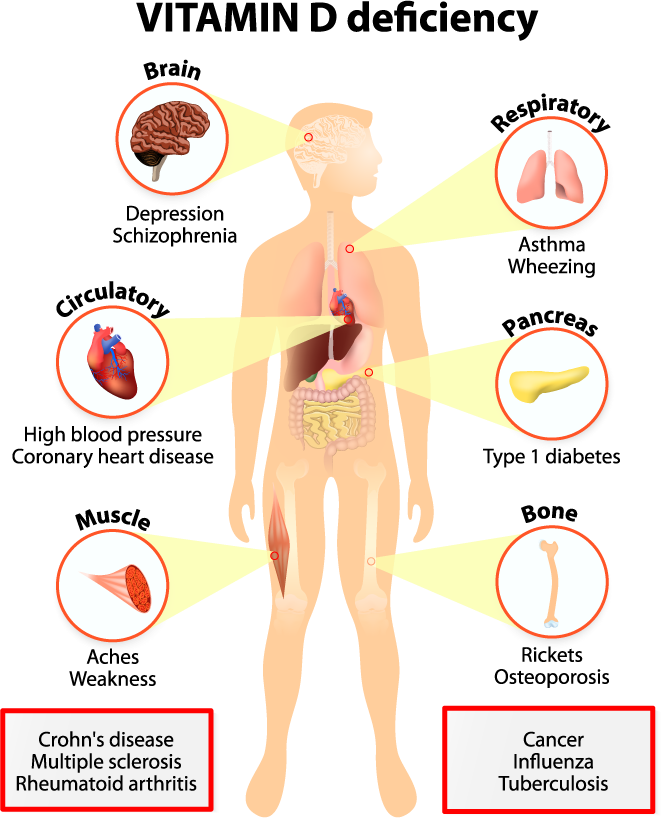
Unlike other vitamins, only 10% of the needed vitamin D comes from food (such as dairy products and oily fish). For 90%, the body creates vitamin D through a chemical reaction that occurs when the sunlight hits the skin.
Some common symptoms are fatigue, back pain, muscle pain, sensitivity to infections such as flu and cold. It occurs when people don't get enough sun exposure.
Some common symptoms are fatigue, back pain, muscle pain, sensitivity to infections such as flu and cold. It occurs when people don't get enough sun exposure.
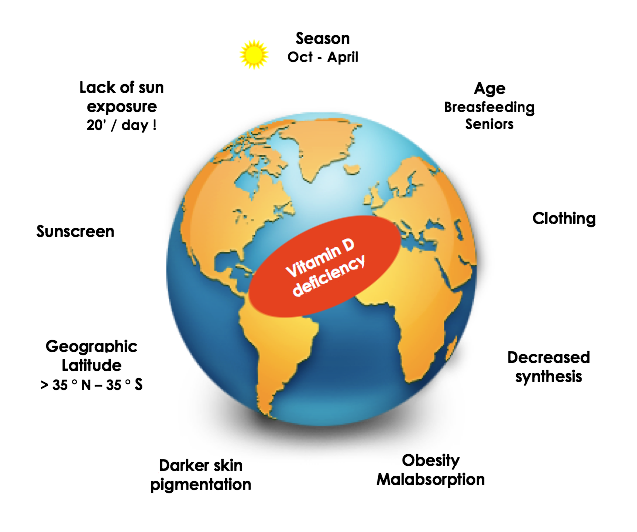
Vitamin D helps the body absorb calcium so that blood calcium levels reaches an ideal point. This helps enable the mineralisation of the bone.
A low level of Vitamin D in the body is bad for bone health. This leads to rickets (softening of the bone in children), osteomalacia (known as adults’ “rickets”) and osteoporosis (the bones becoming porous leading to increasing risk of wrist, hip and vertebral fractures). Today, around the world, 1 in 3 women and 1 in 5 men are at risk of an osteoporotic fracture.
Recently, the discovery of vitamin D receptors has provided more insight. Vitamin D receptors are present on many organs and researchers have begun to discover that Vitamin D deficiency participates in many pathological progressions and diseases. There are mounting evidence suggesting that vitamin D deficiency may be a contributing factor in a number of diseases such as multiple sclerosis, diabetes, cardiovascular, certain epithelial cancers, infections and mental illnesses.
The current treatment is to give vitamin D supplementation which traditionally is through tablets/capsules.
However, difficulty in swallowing tablets/capsules is a widespread problem that can influence the success of treatment. 50 to 60% of people have difficulty swallowing and oily liquid medications have a terrible taste and cause dosing errors. As a result, many patients with vitamin D deficiency stop their treatment.
In addition, many patients suffer from malabsorption syndromes leading to nutritional deficiencies, particularly in vitamin D. For example, obese patients undergoing weight loss surgery, also known as bariatric surgery (reducing the size of the stomach or resection and reorientation of the small intestine to a small gastric sac) often suffer from malabsorption syndrome. For these patients, even a large amount of absorbed tablets/capsules will not compensate for their vitamin D deficiency. An alternative formulation of vitamin D is required.
A low level of Vitamin D in the body is bad for bone health. This leads to rickets (softening of the bone in children), osteomalacia (known as adults’ “rickets”) and osteoporosis (the bones becoming porous leading to increasing risk of wrist, hip and vertebral fractures). Today, around the world, 1 in 3 women and 1 in 5 men are at risk of an osteoporotic fracture.
Recently, the discovery of vitamin D receptors has provided more insight. Vitamin D receptors are present on many organs and researchers have begun to discover that Vitamin D deficiency participates in many pathological progressions and diseases. There are mounting evidence suggesting that vitamin D deficiency may be a contributing factor in a number of diseases such as multiple sclerosis, diabetes, cardiovascular, certain epithelial cancers, infections and mental illnesses.
The current treatment is to give vitamin D supplementation which traditionally is through tablets/capsules.
However, difficulty in swallowing tablets/capsules is a widespread problem that can influence the success of treatment. 50 to 60% of people have difficulty swallowing and oily liquid medications have a terrible taste and cause dosing errors. As a result, many patients with vitamin D deficiency stop their treatment.
In addition, many patients suffer from malabsorption syndromes leading to nutritional deficiencies, particularly in vitamin D. For example, obese patients undergoing weight loss surgery, also known as bariatric surgery (reducing the size of the stomach or resection and reorientation of the small intestine to a small gastric sac) often suffer from malabsorption syndrome. For these patients, even a large amount of absorbed tablets/capsules will not compensate for their vitamin D deficiency. An alternative formulation of vitamin D is required.
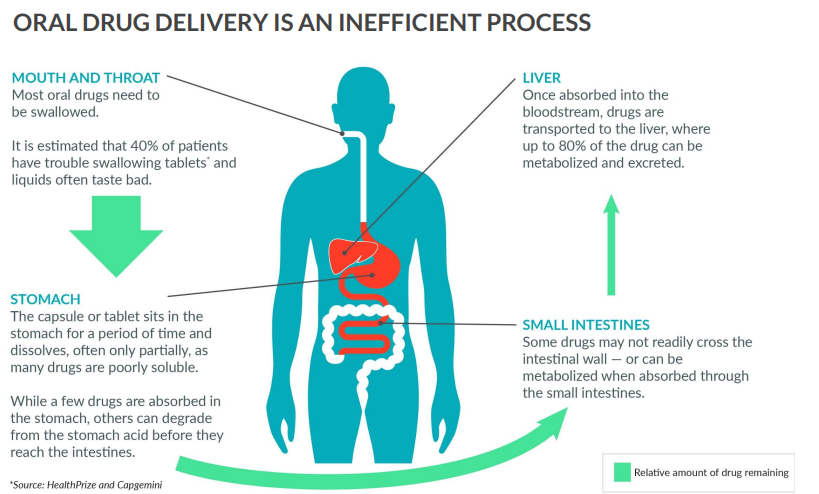
Cole Pharmaceuticals is bringing sublingual food supplements and medicines to market to counter those oral drug administration challenges with one goal: improving patient experience and compliance to treatments.
Cole Pharmaceuticals has several new oral dispersible technologies such as Melting Tablets and Orodispersible Films (also called ODF) single loaded with Vitamin D or in combination with other active ingredients.
Cole Pharmaceuticals has several new oral dispersible technologies such as Melting Tablets and Orodispersible Films (also called ODF) single loaded with Vitamin D or in combination with other active ingredients.
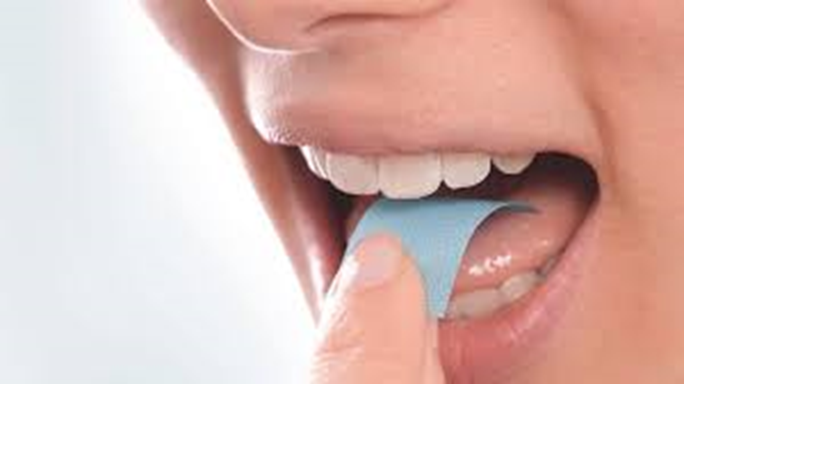
ODFs are stamp-sized strips of thin polymeric film with unique properties:
●No need to swallow, no water needed, and no risk of choking
●Exact dosing
●Good taste (taste masking) versus oily formulations
●Sublingual for direct and fast absorption into the bloodstream
●Avoids inefficient absorption through the intestines
●Portable, easy to transport and store
Cole Pharma's range of products are either based on proprietary technologies or specifically formulated.
●No need to swallow, no water needed, and no risk of choking
●Exact dosing
●Good taste (taste masking) versus oily formulations
●Sublingual for direct and fast absorption into the bloodstream
●Avoids inefficient absorption through the intestines
●Portable, easy to transport and store
Cole Pharma's range of products are either based on proprietary technologies or specifically formulated.
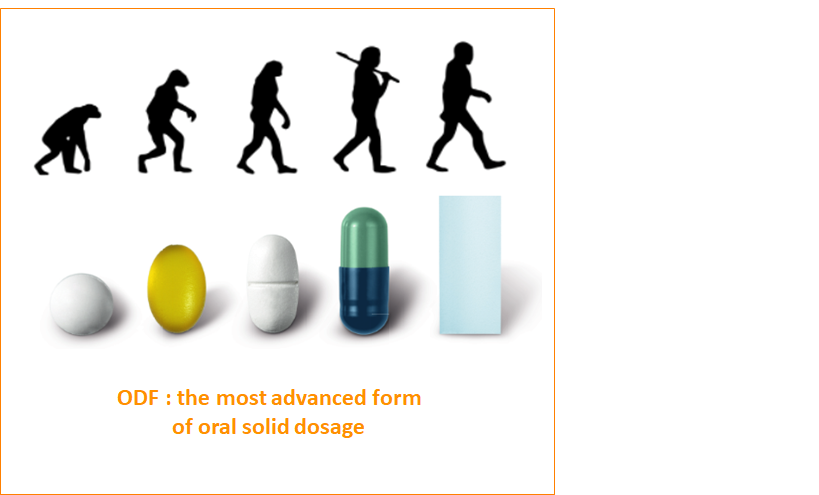
Intellectual property
The formulation is the property of Cole Pharmaceuticals. The brand name "D-fusion®" is protected at European level. The company declares that it has exclusive worldwide licensing rights for the orodispersible film with PharmaFilm SRL (a Milan based company) for 15 years.